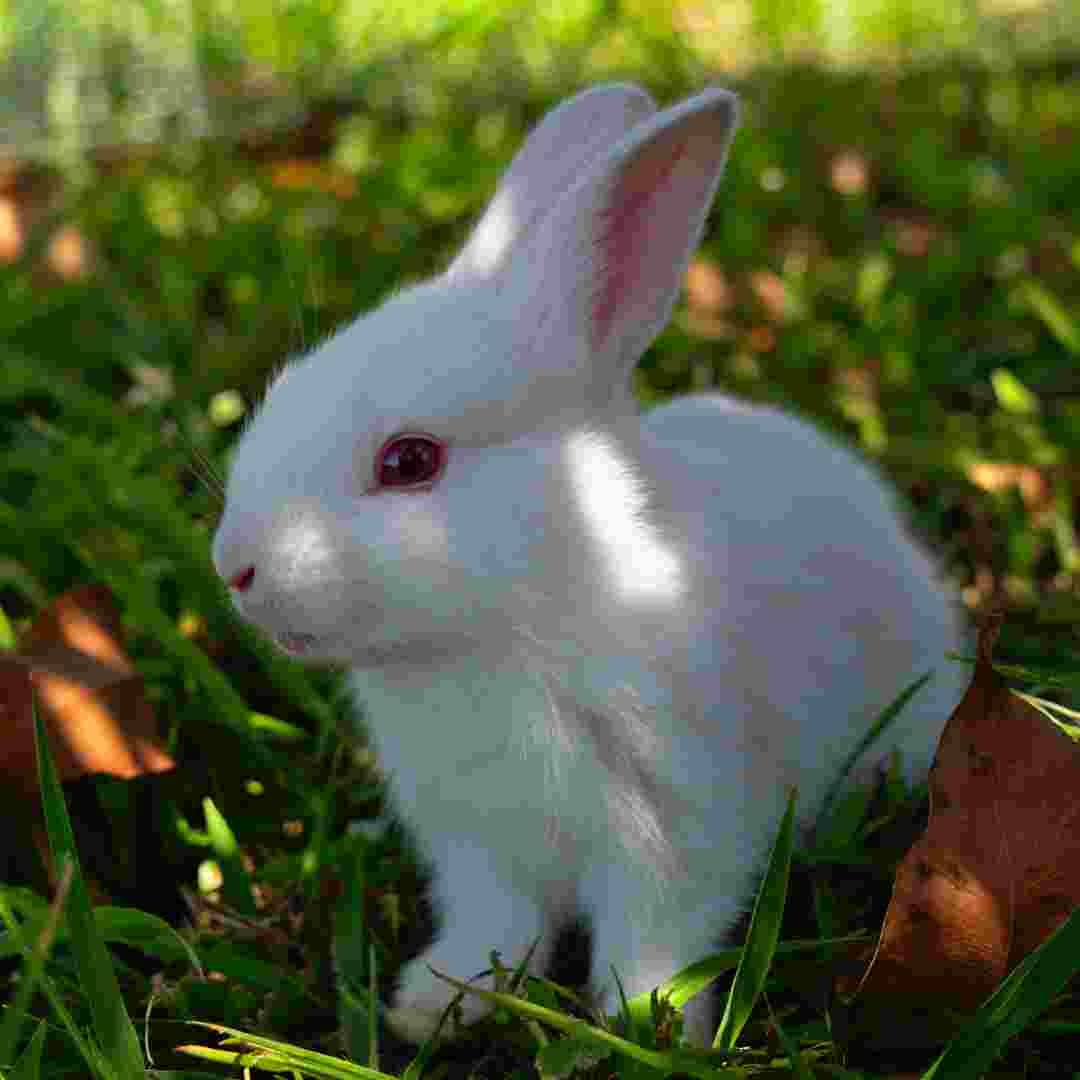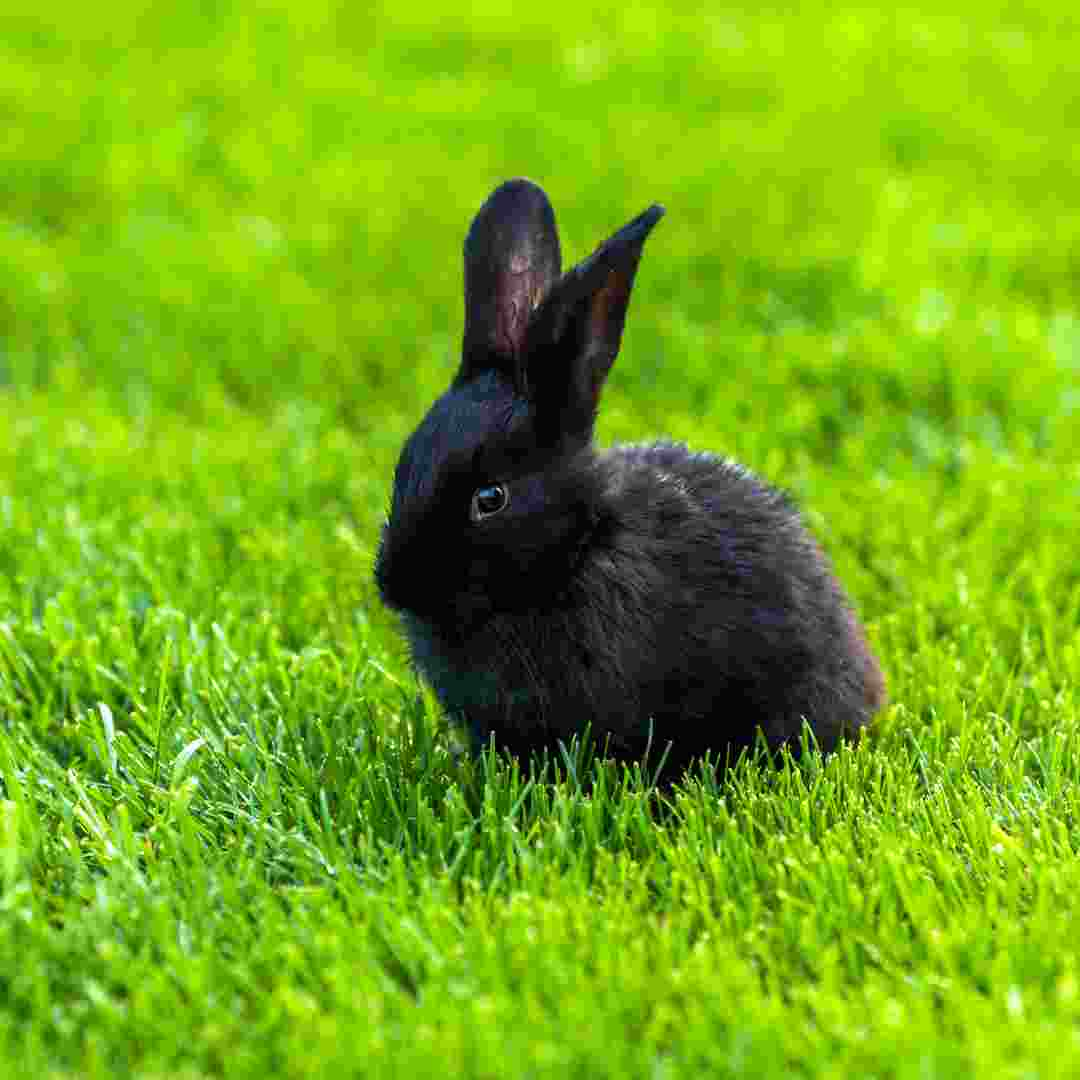Contents Table
Introduction
Common Sudden Rabbit Death Causes
Impact of Stress on Rabbit Health
Diet and Rabbit Mortality
Rabbit Health Risks from Parasites
Rabbits Need Regular Veterinarian Care
Q&A
Conclusion
Introduction
Though sturdy, rabbits can die from a variety of diseases and circumstances. Some rabbit deaths are unknown, however there are some frequent causes that can be treated. These include parasites, diseases, malnutrition, and trauma. To provide your rabbit the best treatment and prevent untimely death, you must know the symptoms of these illnesses.
Common Sudden Rabbit Death Causes
Rabbits are fragile and can die suddenly for several reasons. Rabbit unexpected deaths often result from:
1. Gastrointestinal Stasis: Rabbits' digestive systems slow down or stop working in this state. Stress, dehydration, and nutrition changes can trigger this. Untreated gastric stasis can kill.
2. Respiratory Infections: Cold temperatures, inadequate ventilation, and contact with other diseased animals can cause respiratory infections. These infections can cause lung problems and death if untreated.
3. Heatstroke: Rabbits' body temperatures rise dangerously during heatstroke. It can be caused by excessive heat or poor ventilation. Untreated heatstroke can kill.
4. Trauma: Falls, being stepped on, and animal attacks can cause trauma. Untreated trauma can cause internal bleeding and death.
5. Poisoning: Rabbits can be poisoned by plants or chemicals. Untreated poisoning can kill.
To prevent rabbit sudden death, you must know the common causes. If you feel your rabbit has any of the following problems, take it to the vet.
Impact of Stress on Rabbit Health
Rabbits' health is greatly affected by stress. Environmental, dietary, and social changes can induce stress. Physical or psychological trauma, predators, or other animals can also trigger it.
Stress chemicals like cortisol and adrenaline can harm rabbits. These hormones can make rabbits more prone to sickness, infection, and digestive disorders like diarrhoea and constipation. Stress can reduce appetite, causing weight loss and malnutrition.
Rabbits may become aggressive or scared due to stress. The rabbit may grow more worried and afraid, causing increased stress. Stress can also induce rabbits to fight and bite, which can be fatal.
To lessen rabbit stress, create a safe and comfortable habitat. This includes giving children space to move and toys to play with. Additionally, the rabbit should have a balanced diet and be protected from predators and other animals. Finally, frequent rabbit veterinary care helps detect health issues before they become problematic.
Diet and Rabbit Mortality
Rabbit mortality depends on nutrition. Herbivores like rabbits eat plants. Rabbit health and longevity depend on a balanced diet.
A rabbit should eat hay, fresh veggies, and some pellets. Hay supplies fibre and aids rabbits' digestive systems, thus it should be their main food. Fresh veggies can disturb digestion, so feed them in moderation. Pellets are high in calories and can cause obesity, so offer them sparingly.
In addition to a balanced food, rabbits need clean water 24/7. Water helps rabbits digest and stay hydrated.
Rabbits can develop dental disease from an unhealthy diet. Rabbit teeth are not intended to metabolise significant amounts of carbs, therefore a high-carb diet might cause tooth disease.
Parasites can be prevented by feeding rabbits a balanced diet and keeping their habitat clean. Preventing parasites is crucial since they can harm health.
In conclusion, nutrition affects rabbit mortality. Rabbits need a balanced diet, fresh water, and a clean environment to live long.
Rabbit Health Risks from Parasites
Bunnies often get parasites, which can be hazardous. Anaemia, weight loss, diarrhoea, and mortality can result from these parasites. Rabbit owners must be aware of parasite hazards and protect their pets.
Parasites live inside or on the host. Rabbit parasites can be external or internal. Fleas and mites on rabbits' bodies can cause skin irritation and itching. Roundworms and coccidia in rabbits can cause major health issues.
The most prevalent rabbit intestinal parasites are roundworms and coccidia. Anaemia, weight loss, and diarrhoea can result from rabbit intestinal roundworms, which are long and thin. Coccidia, tiny parasites in rabbits' intestines, can cause diarrhoea, dehydration, and death.
Maintaining proper hygiene and a clean environment protects your rabbit from parasites. This involves cleaning the rabbit's cage, changing the bedding, and washing your hands after handling it. Regular parasite checks by a vet are also important for rabbits. Parasites can be diagnosed and treated by your vet.
Protecting your rabbit from parasites can help keep it healthy. Know the risks and protect your rabbit from parasites, which can cause major health issues.
Rabbits Need Regular Veterinarian Care
Rabbits need regular vet visits. Regular vet appointments are essential for rabbits, who need special care.
Some rabbit health conditions are hard to spot without a vet. The rabbit's health may be monitored and issues caught early with regular vet visits. This can avert more serious issues and minimise rabbit suffering.
Vaccinations and parasite prevention are also available with regular veterinary treatment. Rabbits are protected from dangerous infections via vaccinations and flea and mite treatment.
Regular veterinary care can prevent rabbit mental illness as well as physical illness. Social animals like rabbits need regular owner interaction. Behaviour concerns can be identified and addressed by a veterinarian.
Finally, routine veterinary care can help the rabbit eat a balanced diet for their age and health. A veterinarian can recommend rabbit food and identify nutritional inadequacies.
Bunnies need frequent veterinary treatment to stay healthy. It lets the vet monitor the rabbit's health, prevent disease, and provide a balanced diet. Regular vet visits are essential for rabbit maintenance.

Q&A
1. What are common rabbit deaths?
Rabbits die largely from gastrointestinal stasis, respiratory infections, and trauma. Cancer, heart disease, and parasites kill.
2. How can I tell if my rabbit is sick?
If your rabbit is sick, look for tiredness, weight loss, hunger reduction, difficulties breathing, and behaviour changes.
3. What should I do if my rabbit is sick?
Take your rabbit to the vet immediately if you suspect illness. The vet can detect and treat any underlying medical issues.
4. How can I keep my rabbit healthy?
Healthy food, exercise, and vet visits help keep your rabbit healthy. Additionally, keep your rabbit's habitat clean and parasite-free.
5. What to do when my rabbit dies?
Your rabbit's death should be investigated by a vet. Consider a necropsy to identify the cause of death.
Conclusion
Rabbits die from disease, injury, starvation, and predation. Monitor your rabbit's health and behaviour to spot issues early. Consult your vet promptly if you feel your rabbit is sick. You can help your rabbit live long and healthy with proper care.
